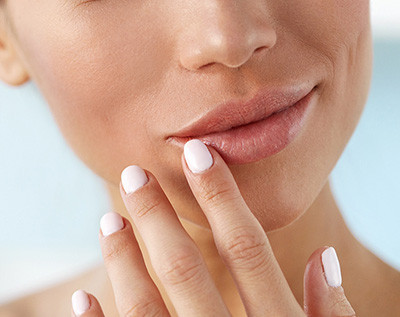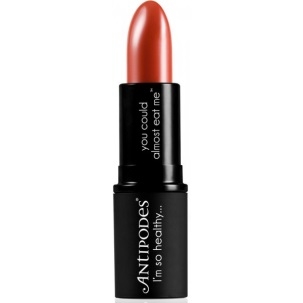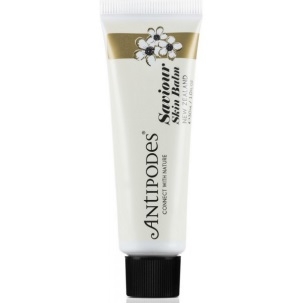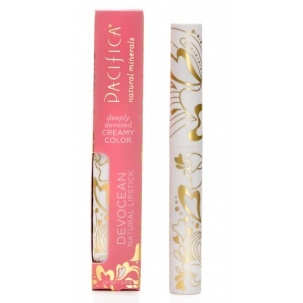Although dry and chapped lips are common complaints in the wintertime, due to the change in humidity plus exposure to extreme hot and cold temperatures (i.e. centrally heated indoors and bracing outdoor elements), the conditions are not exclusive to the harshest season, and can strike at any time.
We may find that using a lip balm only seems to work temporarily, offering a short-lived solution. Well there is a reason behind this; it isn’t just how you use the product that matters but also what’s inside it. Plus there are some external factors which can help fix your lips ready for a lipstick-perfect pout.
To be an effective product, lip balms need to contain both humectants and occlusive agents. Humectants attract water, but as well as pulling water in from the air they can also steal water out of the skin, particularly if you are in a dry environment (such as an air-conditioned office). Occlusive agents act as a barrier when applied to your lips, thus helping to seal moisture in. Examples of humectants include hyaluronic acid and glycerine, whilst occlusive agents include shea butter and beeswax.
Lip balm should be applied before bed (to aid repair and regeneration whilst you sleep), when you wake up, as a primer before you apply lipstick or gloss and as and when you need it throughout the day. For this reason, it’s good to have a few tubes of lip balm located in different places – on your desk, on your bedside table, and in your handbag for instance. Applying not just on but also around your lips can help repair the whole area, as often it is the lip line that gets the driest.
Ensuring you drink enough water can help prevent and repair chapped lips, so always aim for at least a litre and a half a day. Using a humidifier in the room where you sleep can also help prevent moisture from escaping from your skin and lips as you sleep, in turn helping prevent dry skin and lips.
Finally, gentle exfoliation can also help. You can also utilise a soft bristle toothbrush, an organic muslin cloth, or a mixture of sugar and honey.
There are a couple of actions you should definitely not do. Firstly, don’t bite the bits of dead skin off, no matter how much you want to. Leave them on as a protective later over the new skin which is growing over the area in need of repair. Secondly, don’t lick your lips as contrary to what you might think, saliva will dry your lips out.
You should also consider your choice of lipstick, and the ingredients used to make the lipstick. Natural and organic lipsticks will mostly contain ingredients that hydrate and nourish your lips, however if you do tend to suffer from dry lips stay away from heavily pigmented products as these can exacerbate the condition.
Another reason to choose natural and organic lipsticks is the fact that over the course of her lifetime, a women may ingest as much as three kilograms, or seven pounds, of lipstick into her body! Either absorbing in through the skin of her lips or swallowing it when she eats or drinks.
Try Out Some Of Our Favourites:
Antipodes Lipstick – Boom Rock Bronze










